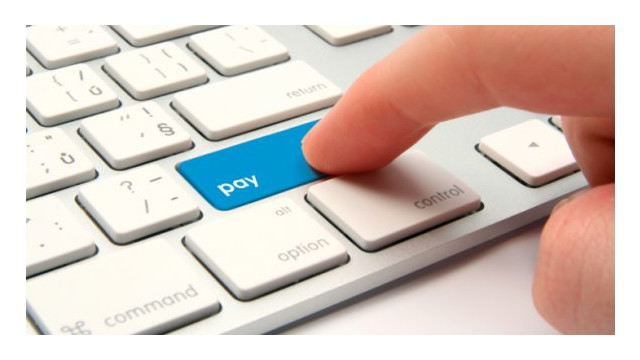We live in a time of instant gratification. Make a wish, click the magic keyboard a few times, and presto! The item you want will be delivered to your office or your doorstep. You might have to wait an hour or two, or even a day or two, but you have the peace of mind that your delivery is making its way to you, so you can go about the rest of your day.
Not only are we surrounded by opportunities to fulfill our wishes quickly, often our requests are accompanied by free shipping, added bonuses, two-for-one offers, and more lures to keep us adding to our carts, selecting additional items. Our world is a paradise for shoppers.
We have become numbed to the value of the items we purchase. Who hasn’t had the experience of seeing an item for sale for one price and then checking online to see if you can find it for less, or find an accompanying bonus offer along with the item? I find myself feeling guilty when I enter a store, price an item on the aisle, and then pull out my phone and order the very same item online for less. I’d like to keep the shopkeepers in business, but how much more am I willing to pay to have that item right now as opposed to having it delivered tomorrow morning for a lower price?
How does this experience apply to the services we offer? When your client has a question late at night and sends you a text, is there an expectation that you’ll answer immediately? And at no charge? When you present your client with quarterly or year-end financial statements or a completed tax return, does the client expect you to offer a discounted price or free advice on other areas of concern?
If you are finding yourself struggling with issues about where to draw the line, how to price for the additional services you provide, when to tell clients you’ll have to schedule time in the future to answer their questions, you’re definitely not alone. Many of your colleagues face the same dilemma. And remember, we’re never going to go backwards. The desire for instant gratification and bargain deals is only going to spread as technology continues to become faster and the ability to produce and deliver becomes more streamlined.
And so here are some tips that might help you face the future of providing services to your clients in this new world:
- Set your own boundaries. If you don’t want to reply to messages at certain times, provide that information in an automatic response message that goes into effect when you are no longer working. Put your hours on your website. Add them to your email signature if necessary. Or simply be prepared to respond briefly to client requests with a time when you will get back to them. And most importantly, let your clients know in advance when and how to best reach you.
- Know what you’re worth. Your skills have value. Just because accounting and taxes come easily to you, that doesn’t mean the services aren’t worth charging for. Don’t be afraid to ask your clients to pay you, and if they expect you to take care of them for free, it’s time to rethink your business model.
- Determine what you will charge. Do you want to give away some services for free? If clients pay you for tax return prep, will you also help them with retirement planning or investment advice? Or do you plan to charge separately for that service? If your advising and planning services are going to be separate service lines, determine in advance how you will price those services and list them as separate services on your website.
Remember that you are in charge of your own accounting practice, and you’re entitled to some instant gratification yourself: free time when you want it and a fair price for your services.
Thanks for reading CPA Practice Advisor!
Subscribe Already registered? Log In
Need more information? Read the FAQs




